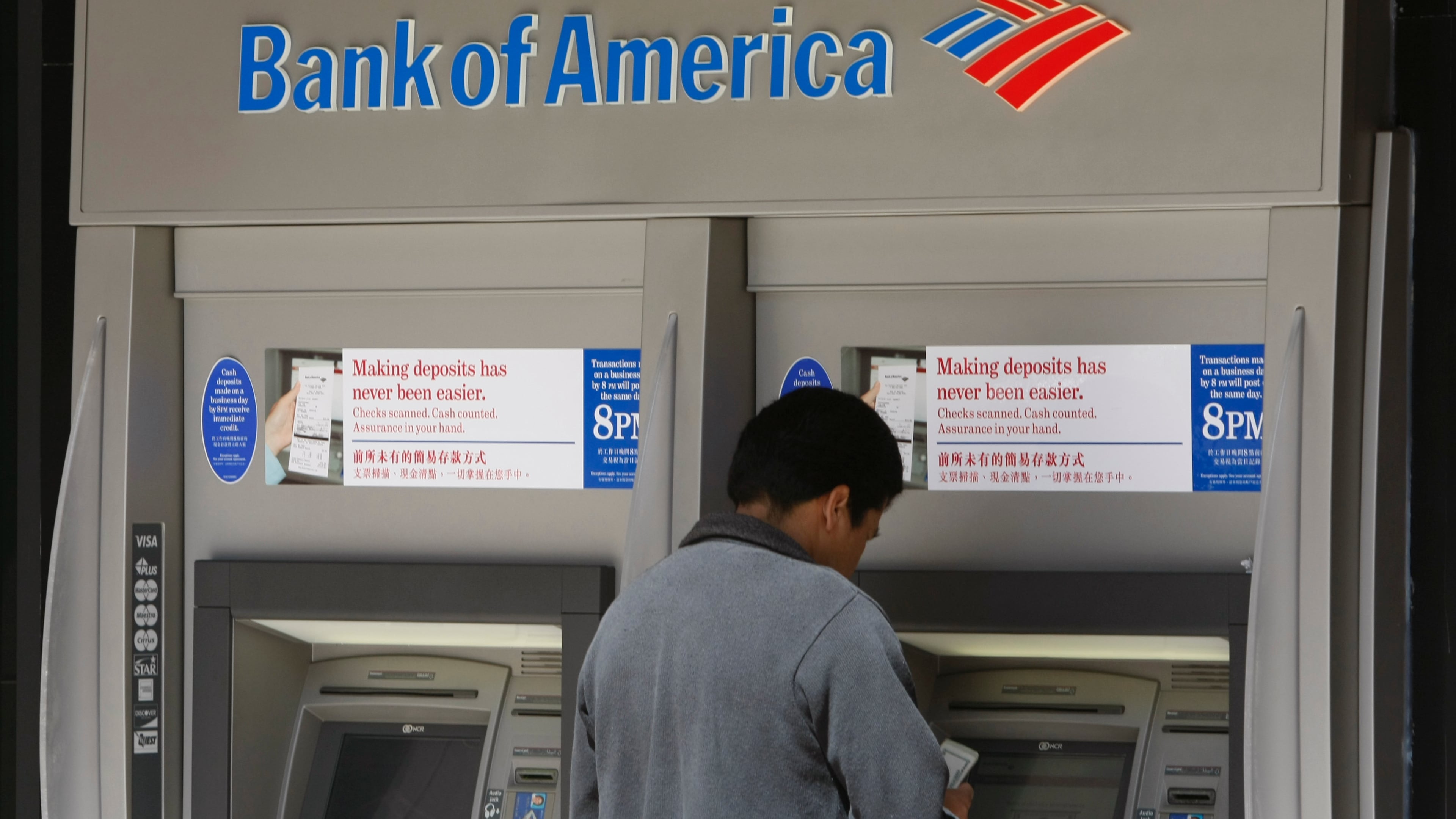New bank law spurs both support and criticism in Georgia

Some Georgia bankers joined U.S. Sen. David Perdue in praising this week's rollback of the Dodd-Frank law's restrictions on banks, although consumer groups criticized the measure.
The new banking law, signed by President Trump on Thursday, loosens the restraints on banks that were put in place by the Dodd-Frank law after the financial crisis of 2008. In Georgia, 85 banks shut down between 2007 and 2012, according to the Federal Deposit and Insurance Corp. Those closings came after collapse of the housing bubble and were typically blamed on bad loans that had been made during the boom.
The restrictions were meant to prevent a similar financial crisis, which led to millions of foreclosures, a vicious recession and the death of hundreds of banks.
But it also placed unfair requirements on small banks, said Robert James II, director of strategy for Carver State Bank in Savannah, a 91-year-old, minority-owned bank with about $40 million in assets.
By adding the need for more documentation, the Dodd-Frank law forces the bank to shift resources that could be better directed at customers, James said during a teleconference arranged by Perdue to discuss the bill.
“Any kind of regulatory relief we can get is helpful,” James said. “And most of our customers would not have full access to capital without our bank.”
John Hall, the president of American Pride Bank in Macon, which has about $170 million in assets, said the bank never even offered mortgage loans because Dodd-Frank had imposed such time-consuming and arcane rules.
"Now, we're taking a serious look at doing them because of all the changes in this bill," Hall said.
The measure, crafted by Republicans and supported by some Democrats, dramatically raised the size of banks that were freed of many requirements. Among the banks that will see fewer regulations and oversight are BB&T Corp., SunTrust Bank, Fifth Third Bancorp and American Express.
Perdue said he doesn't believe the new law goes far enough to undo Dodd-Frank.
“We got some relief from the small banks, but it is not where we want to get to,” he said.
But Beth Stephens, senior director of public policy and advocacy at Georgia Watch, said the consumer advocacy group opposes the new law.
One provision in the law makes it impossible to collect the data needed to see whether banks are discriminating in their loans, while another provision makes it easier for banks to make loans to people who do not have the income they will need to pay off the loan, she said.
Dodd-Frank was intended to prevent a repeat of the massive loan failures of a decade ago, but also prevent exploitation of people who were vulnerable, Stephens said. "It is just too soon to roll back the protections for consumers."



